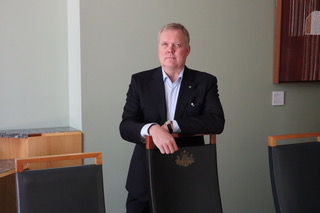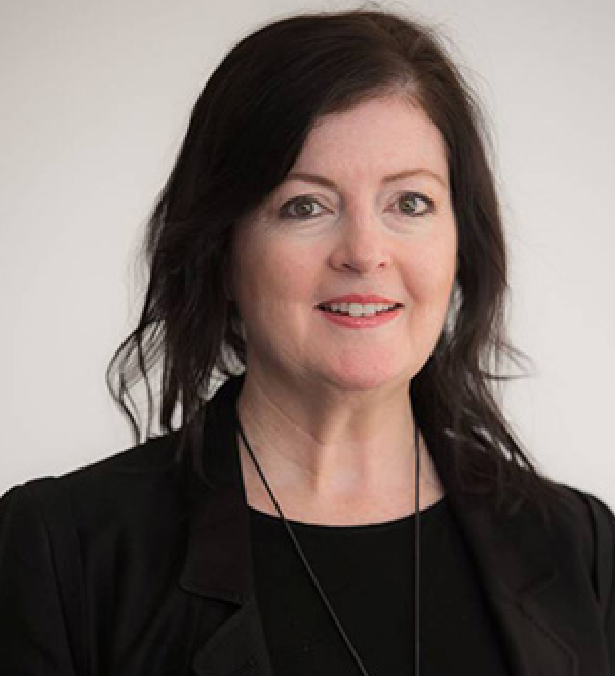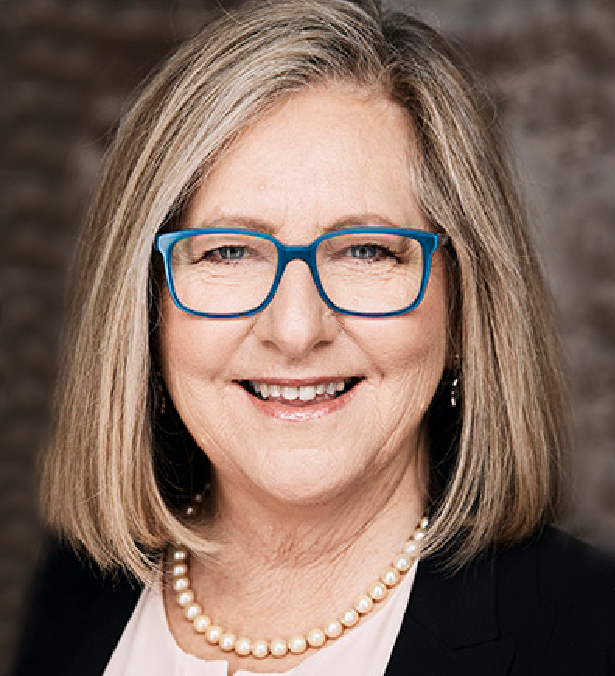Announcing the Adopt Change National Recommendations 2022
The 2022 THRIVE National Recommendations Paper launches today in Australian Parliament House, outlining eight key recommendations as the foundation to supporting children and young people in government care to thrive into adulthood.
Prepared by Adopt Change and supported by sector stakeholders, the Recommendations are being delivered at a critical point where when more nurturing homes are needed for children after the impacts of covid and the economic climate in recent years.
An outcome of the 2022 National Permanency Conference (NPC) Supporting Children at Home and School to #THRIVE, the National Recommendations Paper draws on the collective voice of ~250 conference participants from across Australia and internationally, including delegates, government representatives, local and international speakers, people with lived experience, academics, child welfare experts, and staff in the child protection and education sectors. The eight recommendations outlined are based on sector engagement, research and input from conference attendees.
Leading with the top two recommendations to Reduce Overrepresentation of Aboriginal Children in the Care System; and Amplify the Voices of Children and Young People, at the heart of the paper is the key recommendation to Support Children and Young People to Thrive into Adulthood, underpinned by a commitment to Prioritise Home-based Care and Permanency; Increase Investment in Early Family Support and Family Finding; and for Carers to be well Supported for Retention and Recruitment. The recommendations highlight the critical need for a Trauma-Informed Foundation across the sector, schools, and community, as well as the importance of Collaboration, Data and Information Sharing across jurisdictions and between stakeholders.
Adopt Change Founder Deborra-lee Furness’s mission is to have a trauma informed society. “The THRIVE National Recommendations Paper again highlights the need to create trauma-informed care for children who are not able to live with their birth parents. All children separated from birth families experience trauma and we need to support their educators, carers, and policy makers with the specific tools and training to care for these children. With this philosophy, we can not only support our community of vulnerable families, but all community. Trauma impacts us all, and with understanding comes compassion and therefore growth. For the future of Australia and all of humanity, we must make every effort to understand the impact trauma has on individuals and communities and create environments where children and families can heal and thrive.”
Adopt Change is heartened by participation from governments, the sector and community members coming to the table for the annual conference to create positive change for the 46,212 children currently living in the out-of-home care system across Australia, and for multiple sector organisations and peaks providing their written support of the national recommendations.
Adopt Change CEO Renée Carter says “Every child needs a safe place to call home – where they know they belong, are cared for and can thrive. It is unfathomable that there are children who don’t have this. Whilst many of the 46,000 kids in care are in kinship care or long-term placements, we know that right now there are 4,000 homes urgently needed across Australia for young people who aren’t in home-based care. This is a collective challenge for government and community to overcome together. The Recommendations highlight what we need to do to ensure we enable young people in care to thrive into their adulthood and are supported by a number of our colleagues in the sector.”
For the second consecutive year, the NPC received government support and/or speaker participation from every state, territory and the Australian Government. This achievement is reflective of the agreed national importance of permanency and wellbeing discussions for children and young people.
To read more about the full list of recommendations and summaries please see the National Recommendations Document here.
~ END ~

















































































